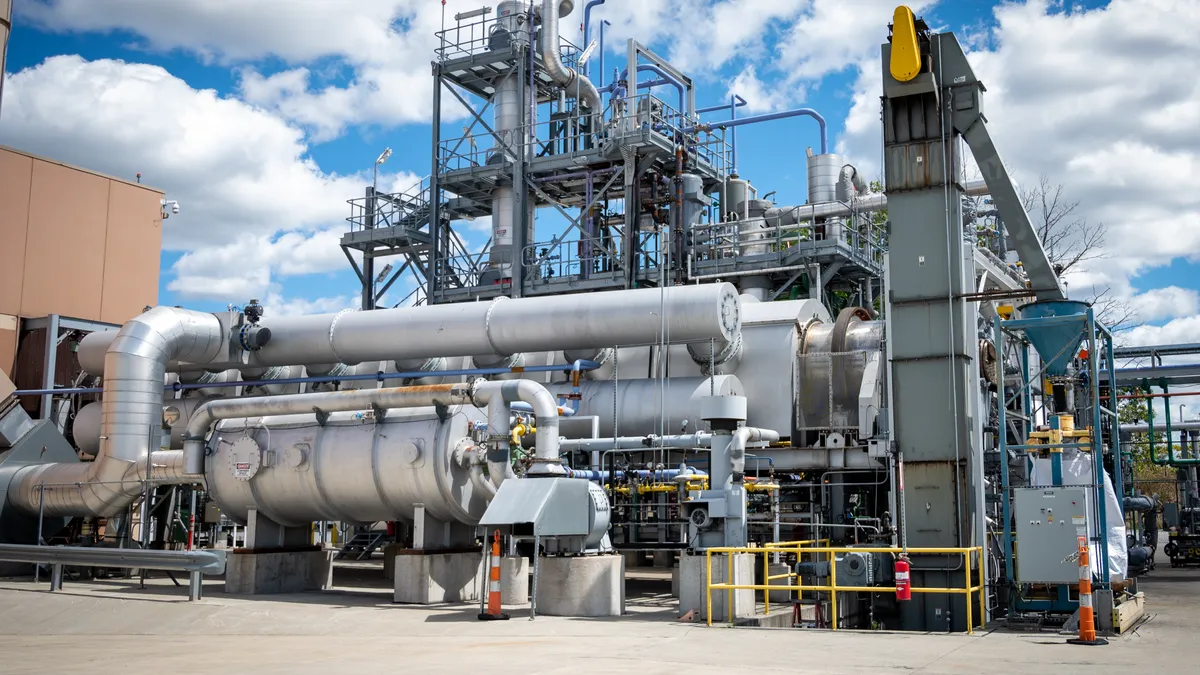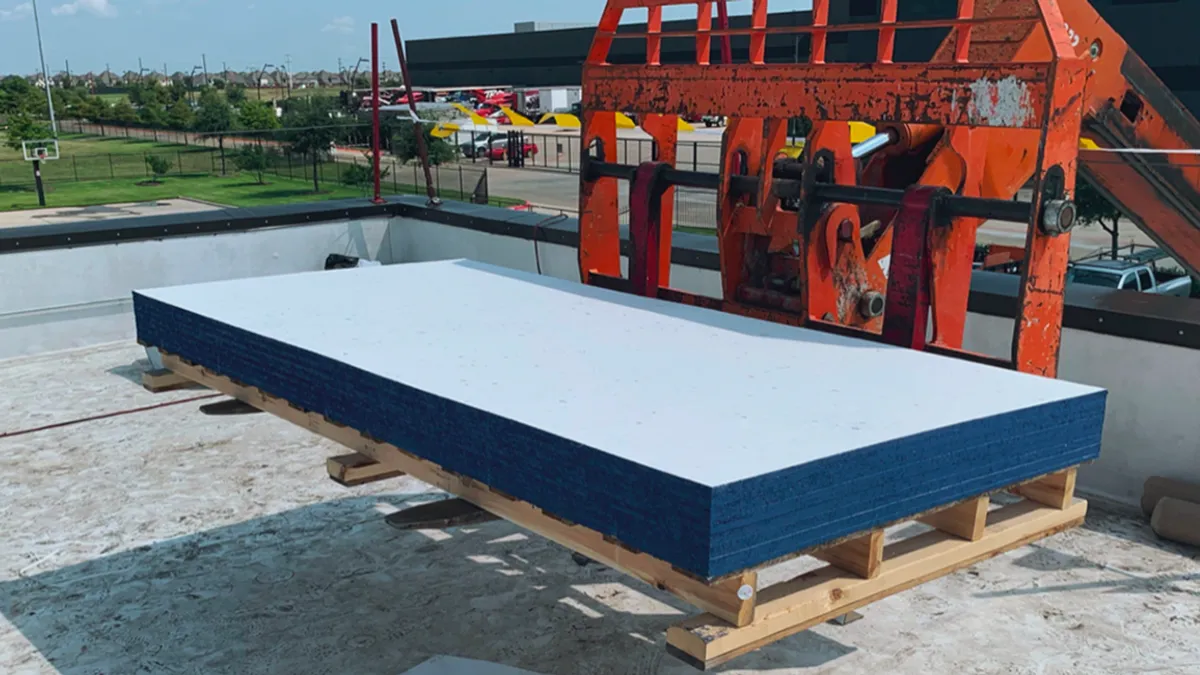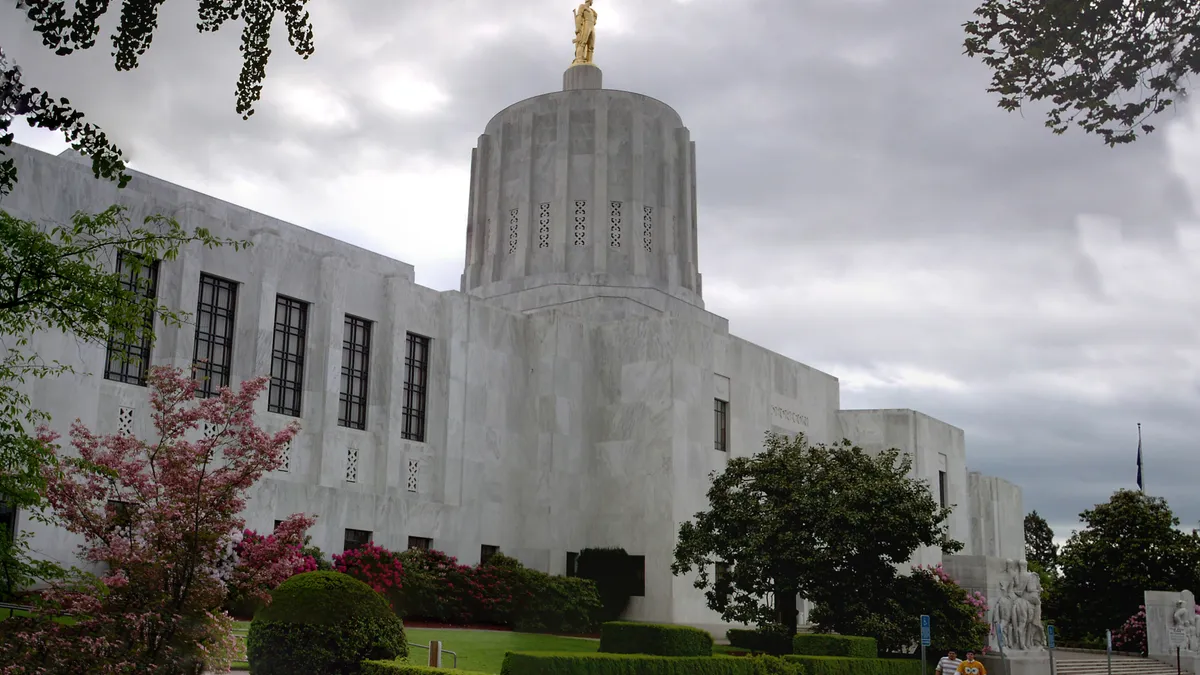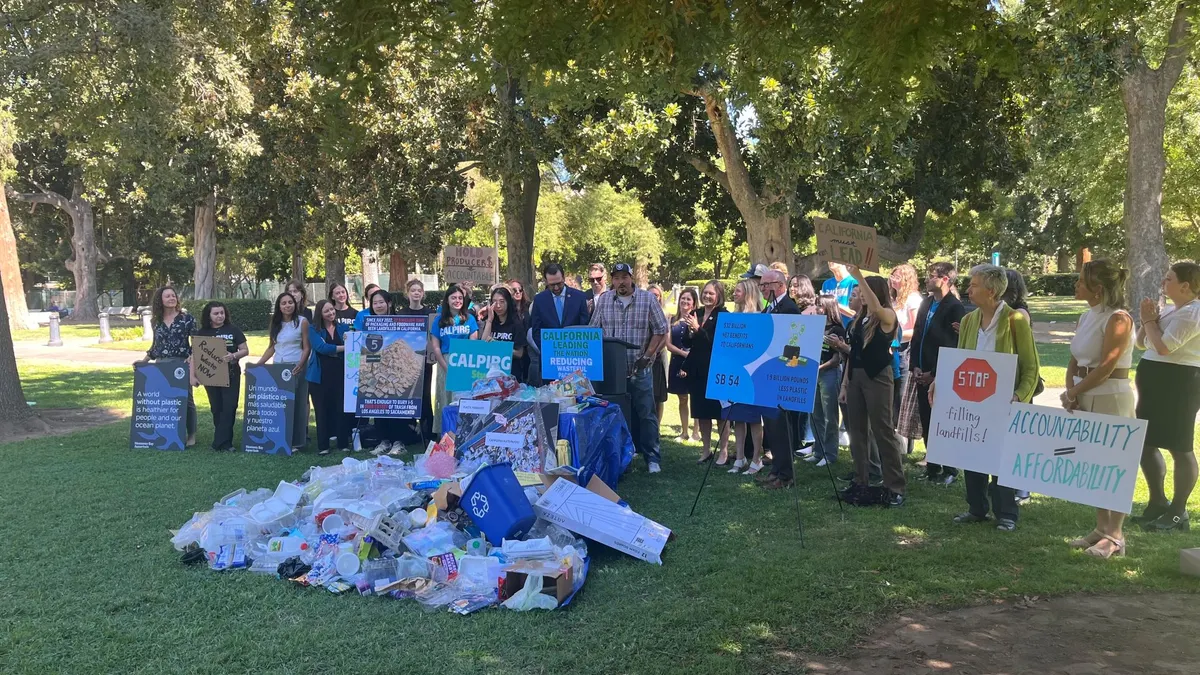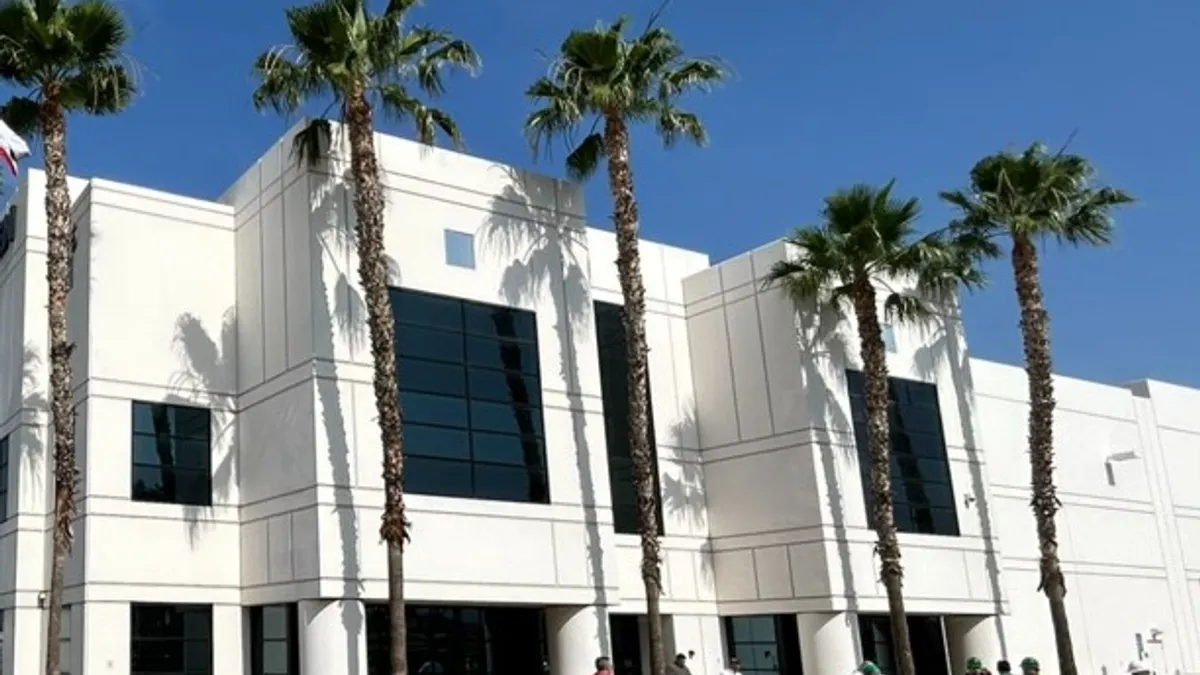UPDATE: June 30, 2025: Gov. Ron DeSantis vetoed HB 295, which would have directed the state’s Department of Environmental Protection to create a comprehensive waste reduction and recycling plan.
“This legislation is unnecessary as it perpetuates a cycle of plans and reports without action and does not take into consideration that the private sector is continuously implementing innovative ways to reduce waste,” DeSantis wrote in a June 27 veto message.
HB 295 had support from multiple recycling industry and local government associations.
DeSantis also vetoed SB 1574, a bill relating to investments in energy infrastructure such as landfill gas systems.
He signed SB 180, which clarifies the types of material that waste haulers are responsible for collecting after a storm event, and HB 961, which designated the week of April 14 each year as “Move Over Awareness Week.”
The Florida legislature could potentially vote to override these vetoes if it returns for a special session this year.
May 7: Florida legislators recently wrapped up their formal session with action on multiple recycling and waste-related bills.
All bills must go through final procedural steps before they’re sent to Gov. Ron DeSantis for consideration, at which point he can veto, sign or allow them to become law without his signature.
State recycling plan
HB 295 calls on the state’s Department of Environmental Protection to create a comprehensive waste reduction and recycling plan. This would involve forming a technical assistance group that submits a report to the legislature by July 2026.
The plan must include recycling goals “based on sustainable materials management and waste diversion,” and a three-year plan to address recycling education and outreach, local government recycling assistance and recyclable materials market development.
The plan is intended to advance recommendations made in DEP’s 2021 report about the state’s weight-based goal of a 75% recycling rate by 2020. For that year, the state reported a 50% recycling rate, including credit for material sent to combustion facilities. Without the credits, Florida’s recycling rate was 42%.
That DEP report was informed by recommendations from a 2020 Florida Recycling Workgroup that included perspectives from industry and local government, as well as a separate county working group. At the time, there was consensus to move away from weight-based goals because they “pushed counties to recycle heavier materials while giving less focus to traditional materials, such as metal cans and plastic bottles,” per the 2021 report.
The report also recommended tax incentives for using recycled materials in manufacturing, tax incentives for MRF upgrades and other ideas.
Keyna Cory, executive director of the Florida Recycling Partnership and a lobbyist who works with waste clients, said HB 295 had broad support. This included the state chapters of the National Waste & Recycling Association and Recycled Materials Association, the Florida Recycling Partnership Foundation, the Florida Association of Counties, the Florida League of Cities and others.
Florida counties were required to start recycling programs in 1988 and the state provided financial assistance through the Recycling and Education Grant Program until 2001. DEP’s prior report suggested future study into the “benefits and problems” of that grant program and consideration of whether it should be reinstated.
While the state’s political climate may not be receptive to restarting the grant program, Cory said there are other ways Florida could incentivize recycling.
“We can drive an economic development silo here in the state of Florida if we do it right,” she said, citing examples such as state support for permitting and zoning companies that can provide an end market for recyclables.
Auxiliary containers and disposal facilities
Another bill, SB 1822, started out as an effort to broaden the types of local auxiliary container policies that the state could choose to preempt. Florida already prevents local governments from regulating categories such as expanded polystyrene foam containers and plastic bags.
This initial bill advanced, but got bogged down by unrelated amendments toward the end of the session.
One member sought to add language prohibiting DEP from issuing permits for new combustion facilities within a certain radius of residential properties or schools, in an effort to block potential plans to rebuild an incinerator in Miami-Dade County. Another member sought to add language to block expansion of WM’s Monarch Hill Landfill, which received approval in Broward County earlier this year, by requiring certain types of landfills to conduct feasibility studies and pay for property remediation before receiving state approval.
Both amendments were only focused on specific disposal facilities, but were written in ways that could have affected multiple others throughout the state. Cory said the waste industry lobbied against these changes, with the perspective that “we don't want that policy to start where the legislature picks and chooses where our facilities go.” The bill stalled when its primary sponsor refused to agree to the changes.
Other successful bills
- SB 180 clarifies the types of material that waste haulers are responsible for collecting after a storm event. The bill also includes language stating that “local governments are authorized and encouraged to add an addendum to existing contracts or franchise agreements for collection of storm-generated debris.”
- SB 1574 requires the state’s Public Service Commission to “establish an experimental mechanism that meets certain requirements to facilitate certain energy infrastructure investments in gas,” including landfill gas. The bill is a priority given the industry’s growing investment in compressed natural gas vehicles.
- HB 961 covers multiple transportation changes, including the designation of the week of April 14 each year as “Move Over Awareness Week.” The state’s existing Move Over law requires drivers to slow down or move over for a range of vehicles, including waste and recycling trucks.
This story first appeared in the Waste Dive: Recycling newsletter. Sign up for the weekly emails here.









